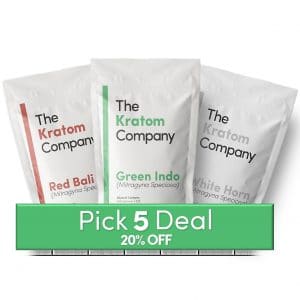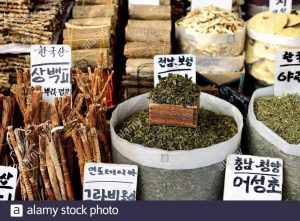- Buy Kratom
-
-
-
- New to Kratom? Try out our Sample Pack to see what strain best suits your needs!TRY NOW
-
-
- Shop By Strain
-
-
-
- New to Kratom? Try out our Sample Pack to see what strain best suits your needs!TRY NOW
-
-
- Resources
-
-
- Sign up for our newsletter to get the latest on Kratom and recieve 30% OFF your first order!SIGN UP
-
- Wholesale
- Getting Started
-
-
Getting Started
-
-
-
-
Home » Is Kratom Legal in South Carolina?

Is Kratom Legal in South Carolina?
- Anthony Dent, Founding Member
- No Comments
Key Takeaways:
- We break down the new kratom regulations in South Carolina
- We explain the history of kratom laws in the state that led to this update
- We share the details of the South Caroline KCPA and how this affects kratom consumers
South Carolina, known for its stunning beaches and rich history, offers a unique blend of cultural charm and laid-back living. Whether you’re exploring Charleston’s cobblestone streets or relaxing at Myrtle Beach, the state attracts those seeking simplicity and balance. Along with this lifestyle, interest in natural wellness options has grown, and kratom has become a popular topic of discussion among residents.
But is kratom legal in South Carolina? The answer is yes. For those curious about trying kratom, understanding its legal status is vital. This guide breaks down what you need to know about kratom in the state, from its current legal standing to practical tips for buying quality kratom and safe and responsible use.
What You Need To Know About Kratom
Kratom is a plant primarily grown in Southeast Asia. For centuries, people have chewed its leaves or made them into tea for their potential calming and energizing effects. In modern times, it has gained attention as an herbal supplement that may help with discomfort, relaxation, and focus. Kratom is sold in different forms, including pure leaf kratom powder, capsules, and extracts, making it a versatile option for beginners and experienced enthusiasts.
Because kratom is legal in South Carolina, its popularity has grown, and many residents have added kratom to their wellness routines. Its increasing acceptance mirrors a broader national trend toward the adoption of ethnobotanical options. Whether seeking daily relief, a way to soothe day-to-day pain, or ease discomfort, it’s important to be informed about the current kratom laws in South Carolina.
Legislative Updates On Kratom In South Carolina
There are no state laws banning kratom’s use, possession, or sale in the state. Unlike states such as Alabama and Arkansas, where kratom is classified as a controlled substance, South Carolina allows its residents to buy and use kratom, albeit under certain restrictions. So, kratom is legal in South Carolina, but there are rules you must follow.
In recent years, several bills have been proposed to either regulate or restrict its use. Let’s take a closer look at some of these efforts:
- Bill 3742 (2023-2024): This proposed legislation aimed to classify kratom as a Schedule IV controlled substance, which would have made it illegal. However, the bill failed to pass.
- South Carolina Kratom Consumer Protection Act (2024): This proposal sought to introduce safety measures like age restrictions and penalties for selling unsafe products. Again, the legislation did not move forward, leaving current kratom laws in South Carolina unchanged.
- 2025 Legislative Session (SB221 and HB4030): These bills aim to regulate kratom sales, including quality standards and age restrictions, to make the market safer for consumers. HB4030 is currently under review.
Latest Status: Is Kratom Legal In South Carolina?

On May 12, 2025, Governor Henry McMaster signed Senate Bill 221 (the South Carolina Kratom Consumer Protection Act). It is the first state-level framework for kratom in South Carolina. Starting July 11, 2025, anyone selling or processing kratom must follow these new rules:
- 21+ Age Requirement: Retailers and processors may not sell, distribute, or furnish kratom products to anyone under 21. Stores must also keep kratom out of reach of minors. Kratom is legal in South Carolina only for adults above 21 years of age.
- Strict Labeling Standards: Every kratom package must clearly list:
- Ingredients, including amounts of mitragynine and 7-hydroxymitragynine
- Serving size and number of servings
- Vendor name and address
- Precautionary statements and an FDA-style disclaimer (“not intended to diagnose, treat, cure, or prevent any disease”)
- Notice that sales to under-21s are prohibited
- Vendor Registration: All kratom processors and retailers must register with the South Carolina Department of Public Health. This creates an official list of approved sellers. Only these sellers can legally sell Kratom in South Carolina.
- Safety and Purity Requirements: Products must be free from adulterants, synthetic alkaloids, and harmful contaminants (e.g., heavy metals or residual solvents beyond U.S. Pharmacopeia limits). Independent lab testing is required to verify purity.
- Penalties for Non-Compliance: As per the latest kratom laws in South Carolina, first offenses carry up to $1,000 in civil fines; second and later violations can bring up to $2,000 per incident.
South Carolina joins a growing list of states adopting kratom consumer protection measures rather than outright bans. These restrictions safeguard consumers while keeping kratom accessible to adults.
How South Carolina Compares To Other States
While kratom is legal in South Carolina, not all states take the same approach. Here’s how it compares:
- More Restrictive States: Alabama, Arkansas, Indiana, Wisconsin, Rhode Island, and Vermont have banned kratom entirely, making its sale and use illegal. Rhode Island and Vermont are considering legislation that could change their current bans.
- More Regulated States: Other states, such as Utah and Oregon, have passed Kratom Consumer Protection Acts, which enforce regulations including product testing and age restrictions. Legal updates on kratom in the U.S. keep changing, though.
How To Buy Safe Kratom In South Carolina
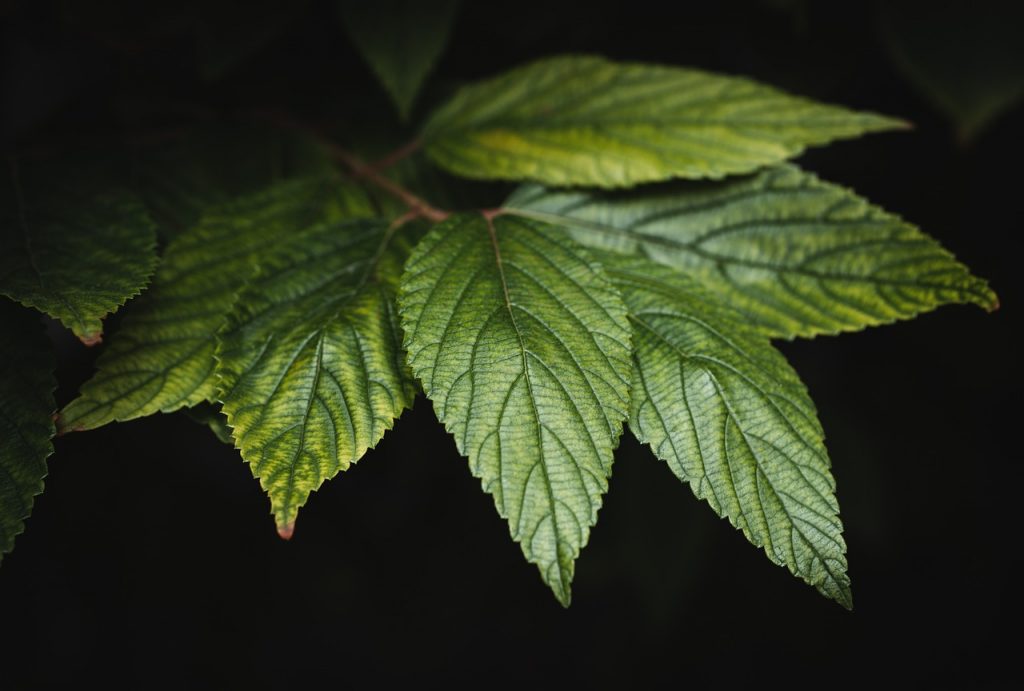
Even though kratom is legal in South Carolina, not all products are equal. If you’re new to kratom, take time to research brands and retailers. Here are some tips to ensure you’re making a safe purchase:
- Check for Lab Testing: Reputable sellers provide third-party lab test results that confirm their products are free from harmful contaminants like heavy metals and pesticides. This transparency is key to ensuring safety.
- Read Customer Reviews: Look for vendors with a solid reputation based on positive feedback from customers. Honest reviews can give you insight into product quality and customer service.
- Avoid Super Low Prices: If a product seems suspiciously cheap, it’s likely cutting corners on quality. Safe and ethically sourced kratom isn’t overly expensive, but it usually has fair pricing.
- Choose Clear Labels: Trust brands that share detailed product information, including strain types, sourcing, and usage directions. If you’re shopping in person, ask the retailer about their quality standards. A trustworthy supplier will always be open about these details.
By following these steps, you’ll avoid subpar products while getting the most out of your kratom experience. As long as the kratom laws in South Carolina remain the same, you can freely explore kratom.
Explore More At The Kratom Company
Now that we know kratom is legal in South Carolina, buying your favorite strains should be straightforward. You’ll find it in smoke shops, health stores, and through online vendors. Buying kratom online often provides a broader selection and access to lab-tested products from reputable companies.
The Kratom Company offers reliable products, making them a good starting point for anyone ready to explore this herbal supplement. With a little due diligence and a clear understanding of kratom laws in South Carolina, you can enjoy the potential benefits of kratom while staying confident in your safety.
Featured Products
-
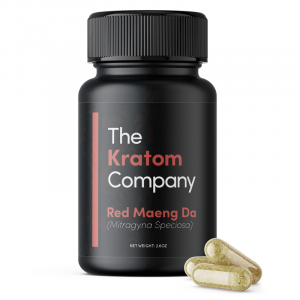 From $24.00Select options This product has multiple variants. The options may be chosen on the product page
From $24.00Select options This product has multiple variants. The options may be chosen on the product page -
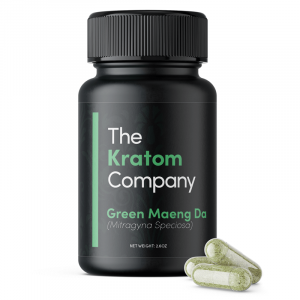 From $24.00Select options This product has multiple variants. The options may be chosen on the product page
From $24.00Select options This product has multiple variants. The options may be chosen on the product page -
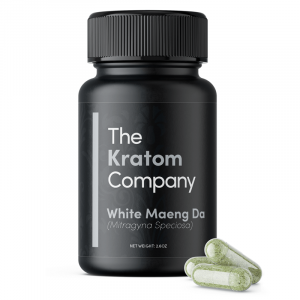 From $24.00Select options This product has multiple variants. The options may be chosen on the product page
From $24.00Select options This product has multiple variants. The options may be chosen on the product page
Explore More Posts
Product Search
Shop By Strains
Featured Products
-
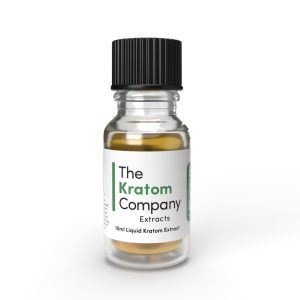 Pure Kratom Liquid Extract
Rated 4.72 out of 5From $20.00
Pure Kratom Liquid Extract
Rated 4.72 out of 5From $20.00 -
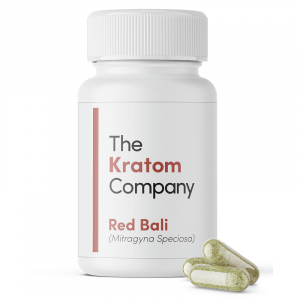 Red Vein Bali Kratom Capsules
Rated 4.70 out of 5From $24.00
Red Vein Bali Kratom Capsules
Rated 4.70 out of 5From $24.00 -
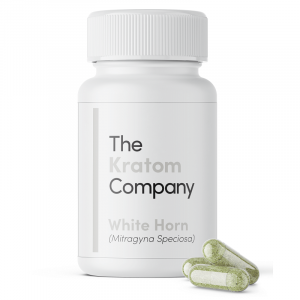 White Horn Kratom Capsules
Rated 4.88 out of 5From $24.00
White Horn Kratom Capsules
Rated 4.88 out of 5From $24.00
